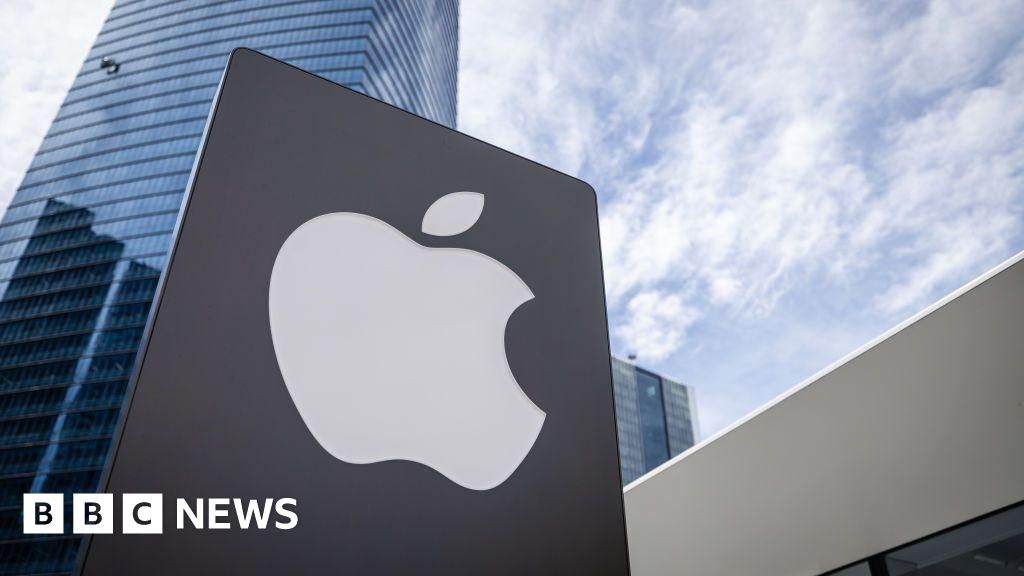
The Right to Know: Transparency in Government-Tech Disputes
The digital age has brought unprecedented challenges to traditional notions of privacy and security. Governments worldwide grapple with balancing national security concerns with the fundamental right to privacy, often finding themselves in legal battles with tech giants over access to encrypted data. A recent court ruling highlights the crucial importance of transparency in these complex disputes, underscoring the public’s right to understand how their data is handled and the extent of government power in the digital realm.
The case in question centered on a disagreement between a national government and a major technology company regarding access to encrypted cloud storage data. The government, citing national security and law enforcement needs, sought access to this data, arguing that its ability to investigate crime and prevent terrorism was hampered by the company’s encryption policies. The tech company, in turn, argued that providing access would compromise the security and privacy of millions of its users and set a dangerous precedent for government overreach.
This wasn’t simply a clash between two powerful entities; it was a conflict that had profound implications for the public. The government’s attempts to keep the details of the dispute sealed under wraps raised serious questions about accountability and the potential for abuse of power. The argument for secrecy centered on the idea that revealing the specific methods of data access could compromise national security. However, critics countered that this argument was a smokescreen, obscuring a more fundamental issue: the lack of public oversight over the government’s interactions with tech companies concerning citizens’ data.
The court’s decision to reject the government’s request for secrecy was a victory not just for the coalition of civil liberties groups and news organizations involved, but for the public at large. The ruling acknowledged the critical role of transparency in maintaining public trust and ensuring that government actions are subject to scrutiny. In a democratic society, the public has a right to know how its government interacts with powerful corporations, especially when those interactions involve the potentially sensitive data of its citizens.
This decision emphasizes the delicate balance between national security and individual liberties in the digital age. The government has legitimate interests in maintaining security and investigating crime, but these interests must not come at the expense of fundamental rights. The court’s ruling reinforces the principle that the public’s right to know outweighs the government’s desire for secrecy when it concerns potentially intrusive practices affecting the privacy of millions.
Moving forward, this ruling sets an important precedent for future disputes of a similar nature. It sends a clear message that government interactions with technology companies regarding data access should not be conducted in secrecy. Open and transparent processes are vital for ensuring that decisions are made responsibly and that public trust is maintained. The decision also highlights the crucial role of the press and civil liberties organizations in holding the government accountable and advocating for the protection of fundamental rights in the digital sphere. The fight for transparency in government-tech interactions is ongoing, and this landmark ruling is a crucial step in the right direction. It underscores the importance of public debate and oversight in navigating the complex intersection of security, privacy, and technology in the modern world.



Leave a Reply